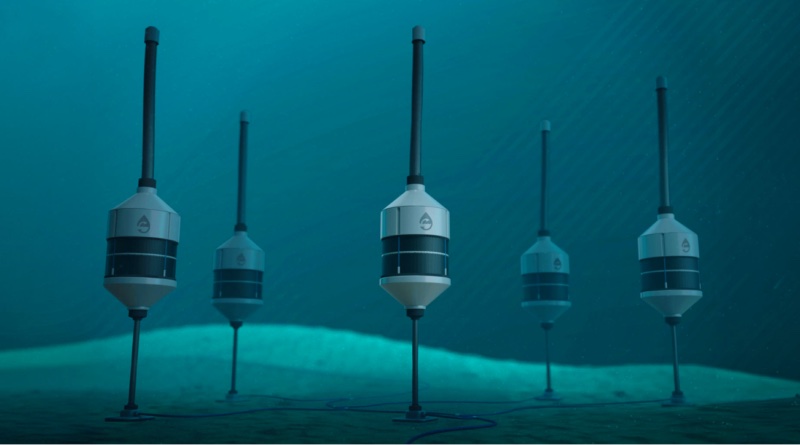Seawater desalination systems have traditionally been large, energy-intensive, and costly structures occupying valuable coastal real estate. Yet, as freshwater resources are increasingly strained, the demand for sustainable desalination solutions continues to rise. Addressing this challenge, California-based startup OceanWell has developed a groundbreaking approach: modular desalination pods positioned deep underwater.
The desalination industry has made strides in energy efficiency and cost reduction over recent years, bolstered by the integration of renewable energy. However, the construction of large-scale desalination facilities remains resource-intensive and controversial. For example, a proposed $1.4 billion, 50-million-gallon-per-day facility in Huntington Beach, California, faced two decades of debate before the California Coastal Commission ultimately rejected it in 2022. The project’s environmental impact, power demands, and vulnerability to sea-level rise highlighted the challenges of traditional desalination efforts.
OceanWell’s innovative solution bypasses many of these challenges by utilizing modular pods that operate approximately 400 meters below sea level. These pods employ reverse osmosis, a widely used water purification process that pushes water through a semi-permeable membrane to remove contaminants, including salts, bacteria, viruses, and pollutants like PFAS.
What sets OceanWell apart is its reliance on natural hydrostatic pressure at ocean depths to drive the reverse osmosis process, eliminating the need for energy-intensive pumps. According to the company, this approach reduces energy consumption by up to 40% while mitigating harmful environmental effects such as marine life disruption and toxic brine disposal.
The pods are also designed for scalability and transportability. Each unit can produce 1 million gallons of fresh water daily, with OceanWell planning a 58-million-gallon-per-day “water farm” made up of multiple pods.
OceanWell claims that its brine disposal method, which disperses low-salinity outflows into deep water currents, minimizes environmental impact. However, detailed environmental assessments will be necessary to confirm these claims for each deployment site.
The U.S. Navy has expressed interest in the technology, offering its Deep Ocean Simulation Facility for prototype testing. Additionally, 24 water authorities in California are collaborating with OceanWell, with plans for 15 initial water farms worldwide. A pilot project is already underway at the Las Virgenes Reservoir in Westlake Village, California, testing the system in a freshwater environment.
OceanWell recently secured $11 million in Series A funding to advance its pilot project. Notable investors include Kubota Corporation, a global leader in water infrastructure, which aims to enhance the technology with its expertise in advanced pump systems. Kubota’s partnership underscores its commitment to innovative solutions for sustainable water management.
OceanWell envisions future integrations with renewable energy sources like offshore wind farms to power its pods. This aligns with broader trends in clean technology, such as undersea energy storage systems being developed by companies like Sperra and Ocean Grazer. These systems leverage hydrostatic pressure for emission-free energy storage, offering potential synergies with OceanWell’s desalination technology.
OceanWell’s modular, deep-sea desalination pods represent a promising step toward addressing global water scarcity without the environmental and logistical drawbacks of traditional facilities. By leveraging innovative technology and renewable energy, OceanWell is poised to redefine sustainable desalination and support the development of water-resilient communities worldwide.
By Impact Lab


